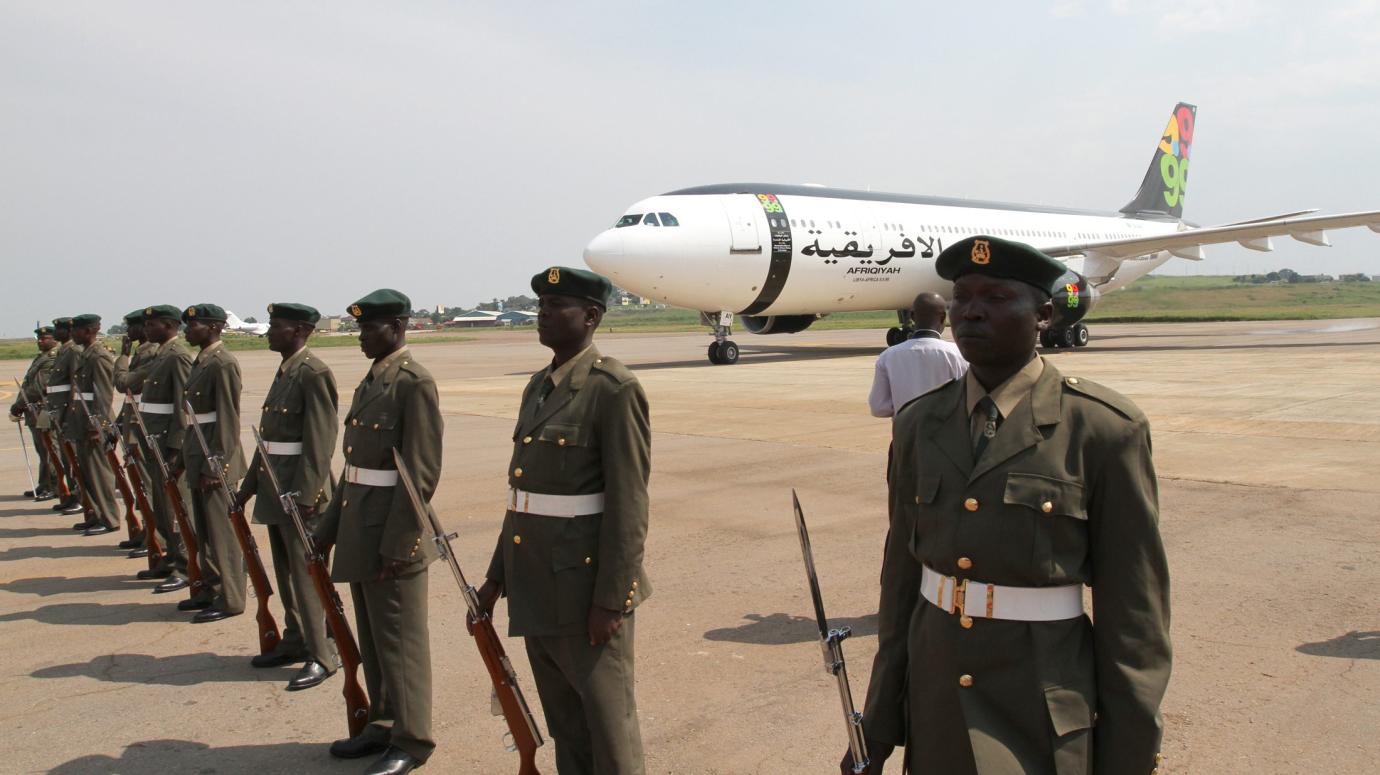By Carlos Mureithi
Late last year, local and international media reported that Uganda’s Entebbe International Airport was at risk of being taken over by China upon default on a loan for the upgrade and expansion of the airport. The controversial news was even turned into a skit by The Daily Show.
But new research by AidData, a US-based development finance research lab, shows that despite tough terms in the loan contract, the airport is not at risk of being seized by the lender, China’s Export-Import Bank.
AidData has obtained and published the full, unredacted version of the loan contract (pdf) between the Ugandan government and the lender for the $200 million loan.
“Our analysis of the terms and conditions in the contract does not support the allegation that China engages in predatory lending,” AidData says. “We instead find that Beijing is a shrewd negotiator who is willing to impose intrusive conditions upon sovereign borrowers to protect its balance sheet.”
China is often accused of “debt-trap diplomacy”
China, Africa’s largest trading partner and the largest bilateral lender for public sector loans in the continent, is many times accused of “debt trap diplomacy” in its lending to African countries. One reason is the secrecy surrounding its loan contracts, which are rarely made public.
Although China denied the Entebbe allegation, the news about the Asian country taking control of the Entebbe Airport amplified speculation and debate about “debt-trap diplomacy” last year.
The situation is not unique to Uganda. In neighboring Kenya, people are worried that the Port of Mombasa is listed as collateral for a railway loan from China’s Export-Import Bank and that the lender would seize it on default. Activists have petitioned the government in court to publicize the loan contracts but the government has refused to do so.
One cause of misinformation about China-Africa relations is that “news media is not impartial” and “is not diverse enough,” says Hannah Ryder, founder and CEO of Development Reimagined, an African-led international development consultancy with headquarters in China. She adds that most African media organizations lack sufficient resources to investigate key issues such China-Africa relations.
“These are not necessarily false allegations, but [many editors] frame the issues incorrectly or without context, and therefore create narratives that are incorrect, like debt diplomacy or debt trap, or even debt crisis,” she tells Quartz.
What are the conditions in the Entebbe contract?
Besides debunking the controversial news about the Entebbe loan, the contract also gives a look into conditions and demands that come with infrastructure lending in Africa.
In the document, China’s Export-Import Bank requires the Ugandan government to provide a cash deposit in an escrow account that the lender can seize in the event of default. This is in line with a finding that AidData made in research it led examining contracts between Chinese lenders and developing countries.
The bank also requires that all revenue generated by the Entebbe international airport be used to repay the loan on a priority basis for 20 years and it as well demands the right to reject or approve the annual operating budgets of the Uganda Civil Aviation Authority, the government agency responsible for the airport.
In a tweet, Kanyi Lui, a development financing expert, says that such terms are not unique to Africa.
Credit | Quartz Africa

